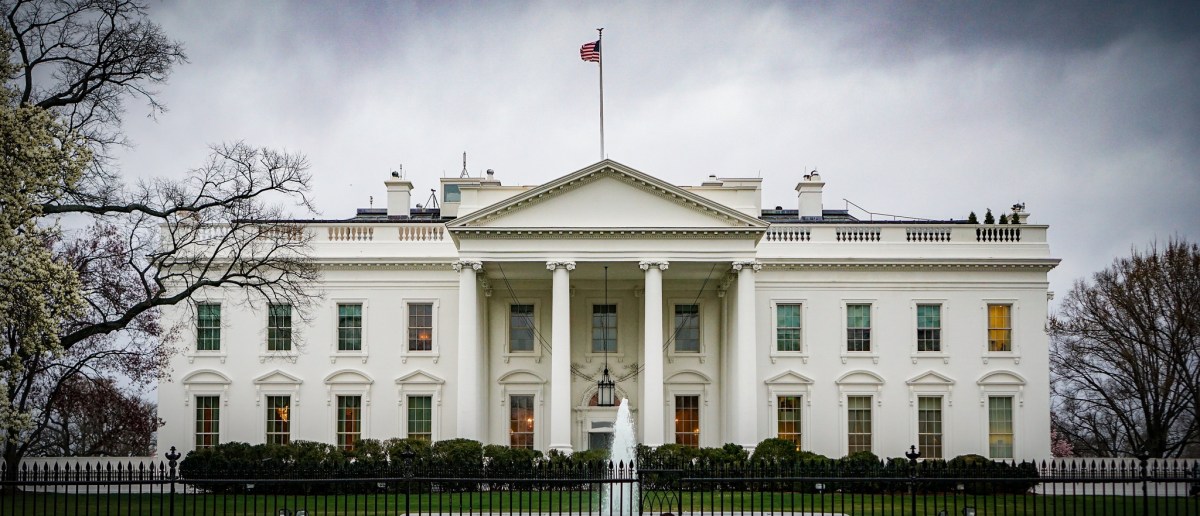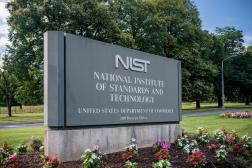Biden administration looking to coordinate federal investment in critical tech

The Biden administration wants to develop a strategic industrial policy to coordinate federal programs and investments in critical technology sectors over the next 10 to 15 years, according to a senior policy advisor at the Department of Commerce.
Sree Ramaswamy said the administration intends to pick a handful of technologies like semiconductors to fast-track, but a long-term coordination plan is needed around more critical industries and supply chains that have yet to be named.
“When you have that level of fragmentation, you have a lot of noise in the system,” Ramaswamy said, during an IT & Innovation Foundation webinar Tuesday. “It’s very hard to send a real signal to the industry of what you are trying to achieve.”
Previous economic and competitiveness policies failed to commercialize new technologies in the U.S. because $85 billion in manufacturing incentives were spread across about 15,000 different federal programs during the last decade, according to Ramaswamy.
The U.S. currently lacks coordinating structures like planning commissions — although those might not be the best mechanisms — for encouraging agencies to collaborate across programs, Ramaswamy added.
Ramaswamy said also that he hopes Congress will pass the CHIPS Act but noted it’s unclear whether funding for semiconductor fabricators and supporting infrastructure like industrial gas lines, access roads and wastewater treatment facilities will come from the resulting federal program or others. Foreign competitors provide that infrastructure to companies, and part of a coordination plan is forcing such investments, he said.
The supply chain executive order President Biden issued in February mandated one-year reports assessing vulnerabilities across six sectors, expected in the next couple months. Determining which are critical is a different matter.
“AI and quantum [computing] are not industries,” Ramaswamy said. “Their criticality depends on the applications that they are used for.”
One might argue artificial intelligence for health care or missile defense is critical, but who will make that determination hasn’t been decided, he added.
A strategic industrial policy is needed to combat China‘s own Made in China 2025 policy, aimed at displacing the U.S.’s standard of living, and its 30- to 50-year systemic plan to supplant the U.S. as a superpower, but urgency is also needed around a subset of technologies, said Michael Brown, director of the Defense Innovation Unit.
Exactly what those technologies are differs from a Department of Defense perspective.
While DOD started the semiconductor industry with the space program and efforts to miniaturize electronics for nuclear weapons, it’s now a “very small” customer in the global market, Brown said.
DOD can however be a key customer for hypersonic aircraft and small drones, where Chinese company DJI currently controls nearly 90% of the North American consumer market.
“We see that as a key warfighting capability,” Brown said.
The U.S. will need allies if it hopes to combat Chinese efforts to take U.S. talent and ideas, he added.
Ramaswamy said the goals of a strategic industrial policy may take more than a decade to manifest, and failure shouldn’t be a sign the U.S. should stop.
“To get strategic policy,” he said. “You need strategic patience.”






